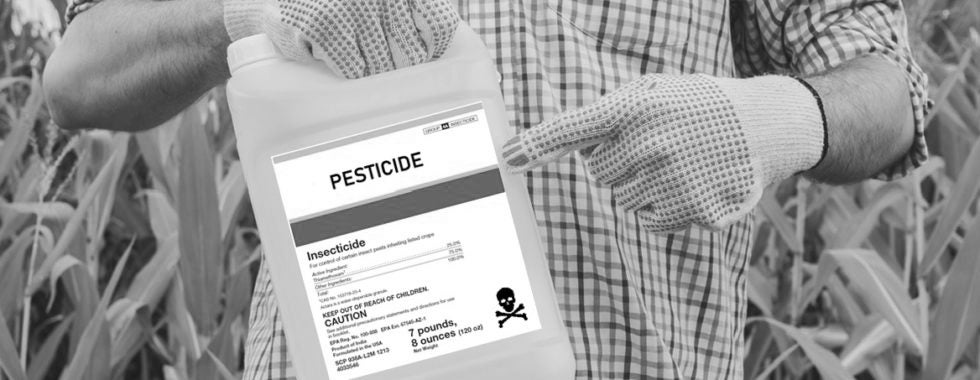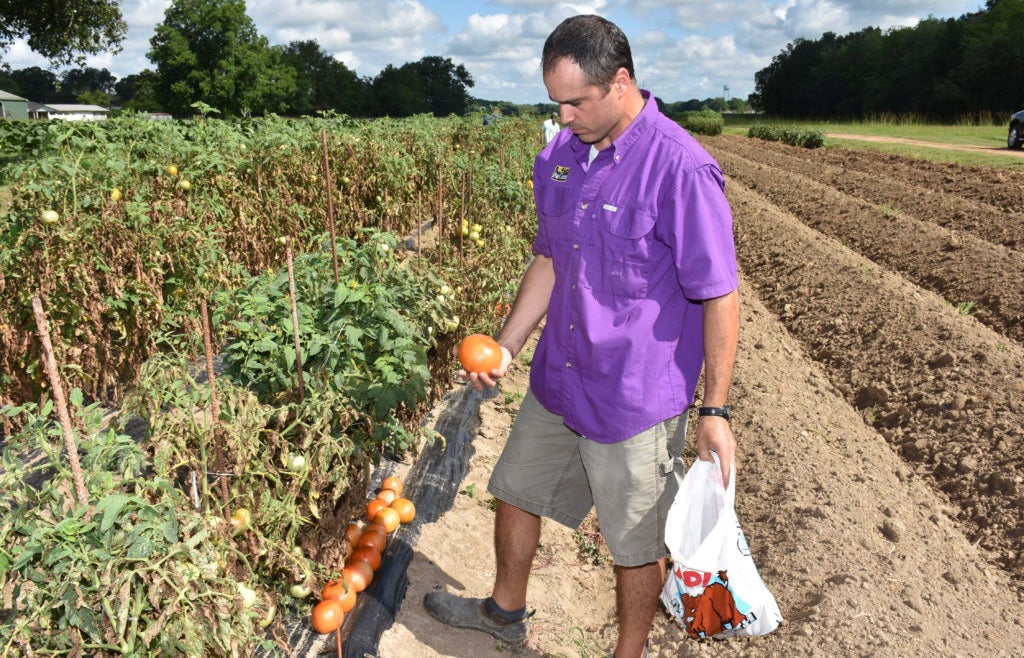So what are pesticides anyway?
Published 12:00 am Wednesday, February 10, 2021
|
Getting your Trinity Audio player ready...
|
Lots of people garden for various of reasons like growing our own food, getting exercise, looking at flowers, or just having a reason to go outside. Lots more garden as obligated caretakers of trees and shrubs in the yard, or as mowers of lawns. According to my math, that’s lots and lots of people who garden and problems will “crop up.” …Get it?
Anyway, some of these problems will be addressed with a spray bottle or some kind of dusting. While farmers are often blamed for unsafe levels of pesticides getting into the environment, we homeowners are typically more culpable on a per-acre basis. When your livelihood is not on the line it’s easier to be careless or wasteful, often in the form of overuse.
Lots of people decide to “go organic.” (I don’t know why it’s often implied as a destination.) This is more a concept than an absolute; the intention is to use more environmentally friendly methods or “natural” chemicals. Overuse still abounds, and do not think the “organic” moniker absolves you from applying chemicals safely.
So what’s a pesticide anyway? Well, it’s something we apply to kill (or sometimes repel) a pest. This includes insecticides, herbicides, rodenticides, fungicides and others. In any case the applied pesticide is usually a last resort when other systems fail. Wouldn’t it be better to keep rats out of the shed than to have to apply rodenticide bait?
Similarly, we can mow our grass at the right height and fertilize it at the right time of year (after spring green up). A healthy lawn is less likely to need us to apply fungicide or bacteriacide to try and cure a disease. We can select trees for our yard that are adapted to our climate; hopefully they won’t be attacked by bugs and need an insecticide. …And so on.
The concept of “integrated pest management” or “IPM” encompasses these efforts, and it really makes a lot of sense. But of course there are often instances when we need to kill a weed or something, and we should do so responsibly. For starters, is there a reason to spray? Lots of times arthropods will feed on a plant but not enough to hurt it. Or they move on to another part of their life cycle that does not include being pests to us. Keeping good garden records will help us remember if the flea beetles left our eggplants alone last year after a week or so.
Read. The. Label. Yes, the back label may look like an accordion of paper unfolding off that little bottle. But there’s important information there; including how much to use, what crops it’s approved for, what pests it’s effective against and safety information. The active ingredient (AI) is listed on both the front and back labels. It’s usually in small print on the front toward the bottom of the label.
One reason knowing the AI is important is that you might find price differences. Roundup, for instance, is the premier brand of glyphosate and you may want that. But the same chemical is available in cheaper brands. (In fact, Roundup glyphosate is sold under different formulas with different added chemicals that may begin quicker immediate burn-down, for instance.) At the end of 10-14 days, the weed is dead either way.
If you want to know more about gardening, landscaping or anything else horticultural, contact the St. John & St. James parishes County Agent André Brock at abrock@agcenter.lsu.edu. Also, the LSU Ag Center’s website can be accessed at www.lsuagcenter.com with lots of user-friendly information, including this article.





